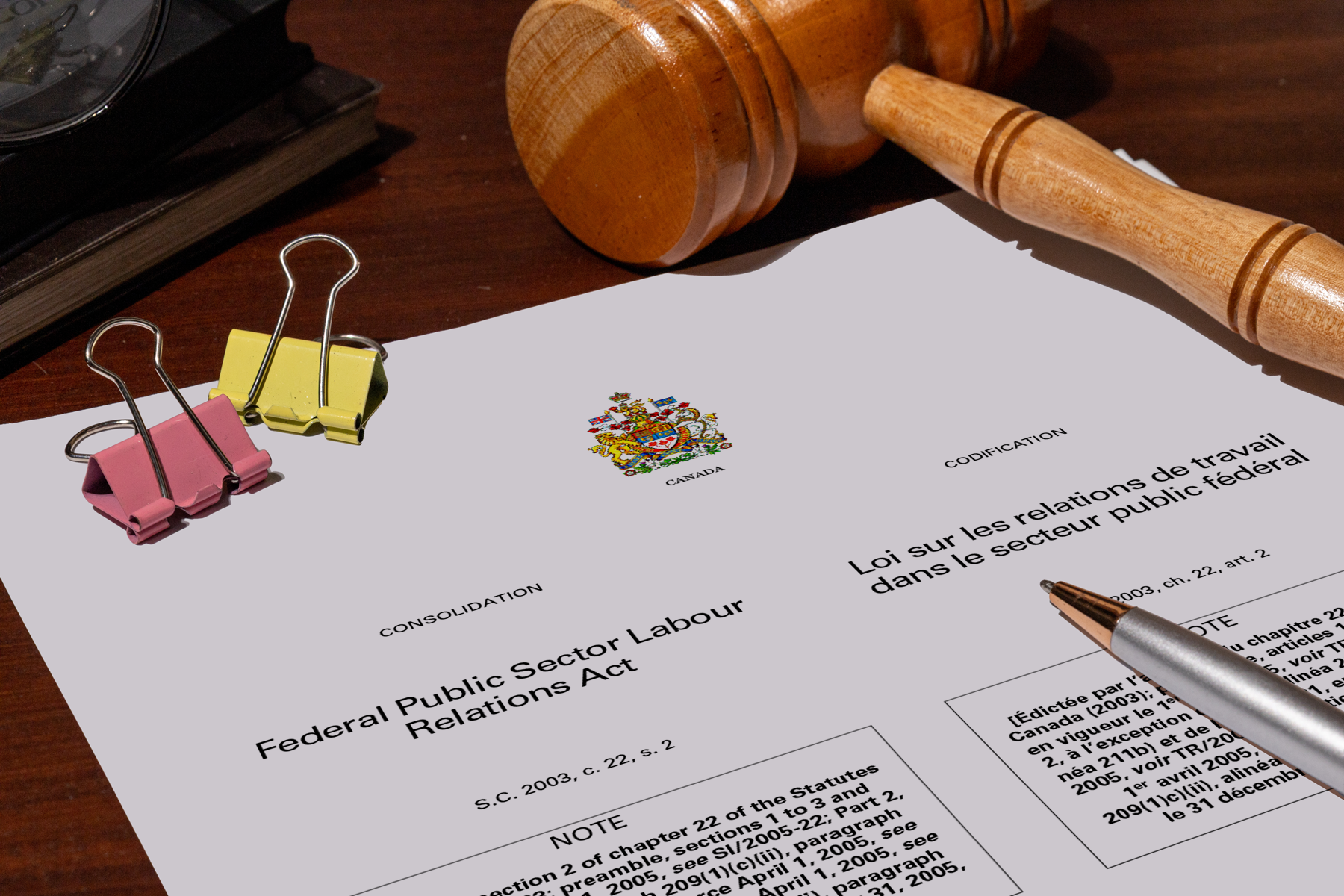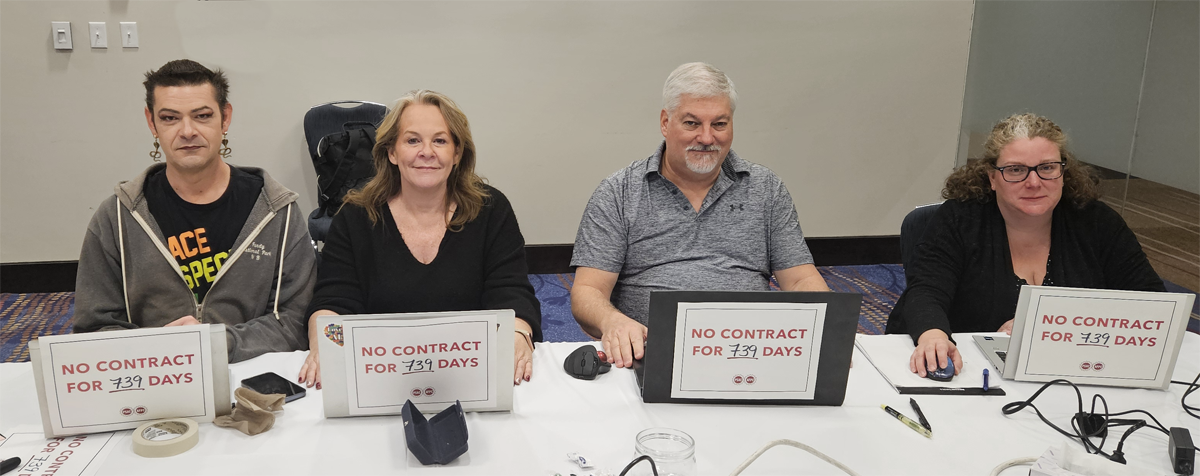Not every worker in Canada is a member of a union that allows them to be part of collective bargaining with their employer. Some workers in Canada are not even entitled even to minimum wages and other basic protections. But even among those who are organized with union representation, we may have different statutory rights and protections depending on the labour legislation that applies.
As bargaining gets underway for UCTE Treasury Board members, we want to point out some key differences that shape bargaining for federal public service workers.
The FPSLRA – Special Rules for Federal Public Service Workers
All legally certified unions operate under a legislative framework. Many of our federally regulated members bargain under the Canada Labour Code. The Federal Public Service Labour Relations Act (FPSLRA) governs collective bargaining for federal public service workers, including Treasury Board units.
It sets certification and decertification rules; essential services rules; grievance rules; what can be negotiated; dispute-resolution processes; and other things – all of which can differ between provincial and federal legislations that govern union certification and collective bargaining.
Special, as in Unequal
Not only is the FPSLRA separate, but it is also subject to change by the government of the day. In 2013, the Harper government revised certain provisions of the FPSLRA and the Canada Labour Code at the same time. They changed certification and decertification rules and took away workers’ choice of dispute-resolution processes. They also gave the employer the right to determine unilaterally which services and jobs would be deemed essential in the event of job action.
PSAC fought some of the changes that Harper made in court, and won improvements in 2018, after years of work. Regardless, remaining differences in the FPSLRA persist as a potential wedge between differently regulated workers.
Rules of Engagement
The frameworks matter in concrete ways: for example, the anti-scab legislation that passed in 2024 amended part one of the Canada Labour Code — applicable to many federally regulated workplaces, but not to the federal public service. We currently don’t have anti-scab protection in the FPSLRA. More information from PSAC on reforms needed to the FPSLRA.
UCTE, like other unions, was formed in struggle – the rights we have today are the rights we demanded and won, in some cases by defying laws intended to prevent strikes and unionization. And we can demand better if we’re prepared to fight for it. We need to support our negotiators as they work within the current framework, but we can be critical of the framework itself at the same time – it is also political and contested.



